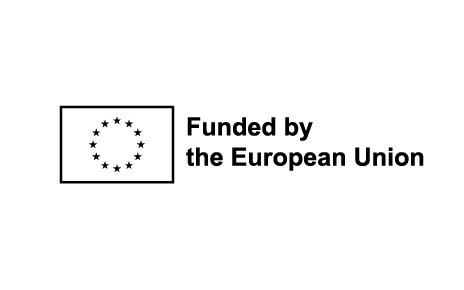Week #20: Money Week
Date: 20–26 May 2024
- Curator: Łukasz Szewczyk, PhD (University of Economics in Katowice)
- Producer: Aleksandra Nocoń, PhD (University of Economics in Katowice)
Description of the week
Week #20 of 50 Weeks in the City of Science is Money Week. The event is part of the European City of Science programme, which will last throughout 2024.
Money has always been an object of interest for the finance sector and finance experts. However, it is not only an economic category but also a subject of interest for other fields of science, such as psychology, as it is often associated with various emotions. Money is a symbol of wealth and prestige, for some people a guarantee of security, for others a symbol of evil and perdition. It is worth talking about money, especially in view of the fact that it is still a taboo subject in our culture. We should not forget that money is used by almost everyone and that there are practically no age limits to it.
The idea of Money Week is to present the different forms and dimensions of money and to show how important it is in everyone’s life. The aim of the events organised is to reach the widest possible audience, including children and young people, adults and seniors, as well as the academic community, especially those among its representatives who do not deal with money in their teaching and research.
Offered events:
- an academic seminar on payment innovation/FinTech/BigTech in the financial sector, with practitioners and public administrations;
- workshops for primary/secondary school students on money/payment instruments/financial management. Workshops can take gamification form;
- a lecture/workshop for senior citizens under the working title: ‘Using financial services does not have to be difficult’;
- an exhibition with the working title ‘Money yesterday and today’ combined with a lecture on the history and evolution of money.
Profile of the curator and the producer
Łukasz Szewczyk, PhD – Assistant Professor at the Department of Banking and Financial Markets at the Faculty of Finance of the University of Economics in Katowice. His research interests focus on the functioning of the financial system, in particular in terms of its broadly understood stability. For years, he has been involved in science communication, e.g. as part of educational programmes addressed to various groups of recipients. He is a lecturer at the Economic Children’s University, an initiative implemented by the University of Economics in Katowice together with the Foundation for the Promotion and Accreditation of Economic Education. He is also involved in the ‘Economics for Secondary Schools’ initiative, which is an original programme of the University of Economics in Katowice. Member of the Programme Council of the University of Economics of the Third Age.
Aleksandra Nocoń, PhD – Assistant Professor at the Department of Banking and Financial Markets at the Faculty of Finance of the University of Economics in Katowice. Her scientific interests and research and publications focus mainly on central banking and monetary policy, commercial banking, financial markets, regulatory discipline in the banking sector, as well as aspects of financing cultural entities and institutions. She was honoured with the Medal of the National Education Commission, the Bronze Medal for Long-Term Service, the Scholarship of the Minister of Science and Higher Education for Outstanding Young Scientists, and the InterStar Award of the University of Economics in Katowice for her contribution to the internationalization of the university. She has repeatedly received awards from the Rector of the University of Economics in Katowice and rector’s research grants. Author of over 90 scientific articles and author and co-author of 7 scientific monographs, including one written entirely in English. She gives lectures to children and teenagers on the history and evolution of money.

Funded by the European Union. Views and opinions expressed are however those of the author(s) only and do not necessarily reflect those of the European Union or the European Research Executive Agency. Neither the European Union nor the granting authority can be held responsible for them.






